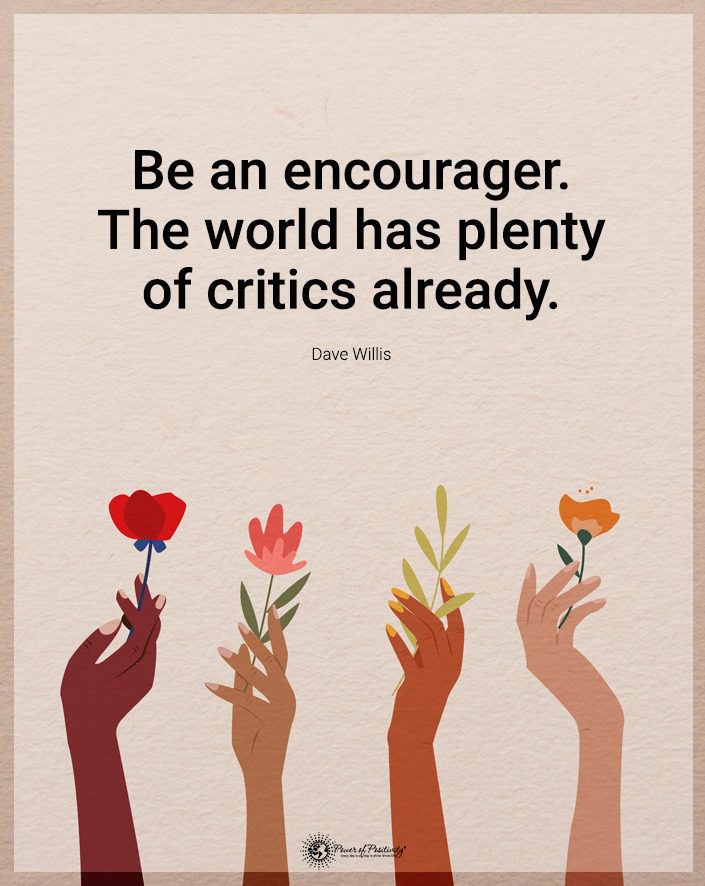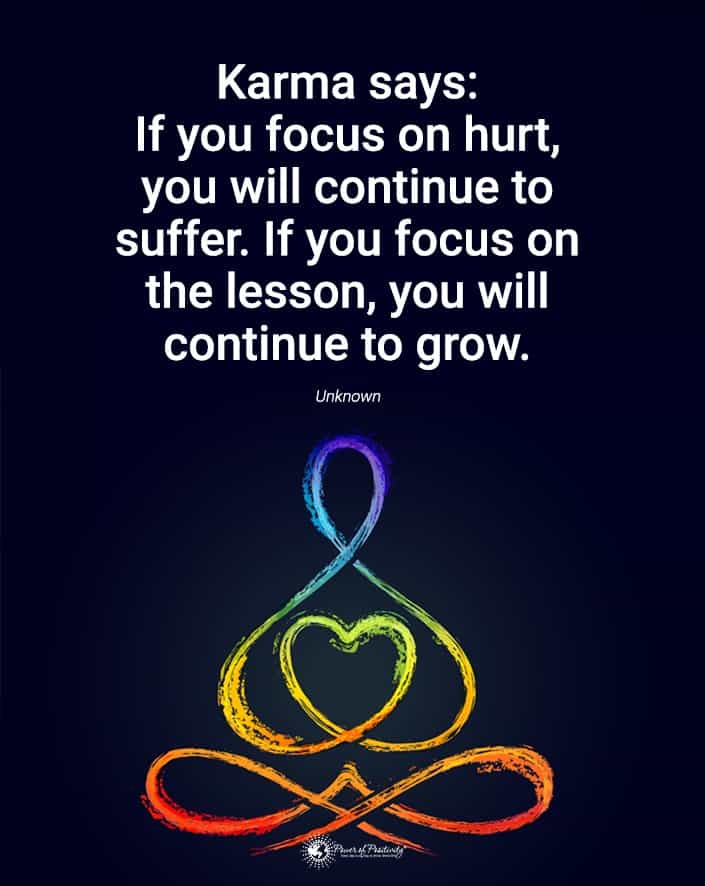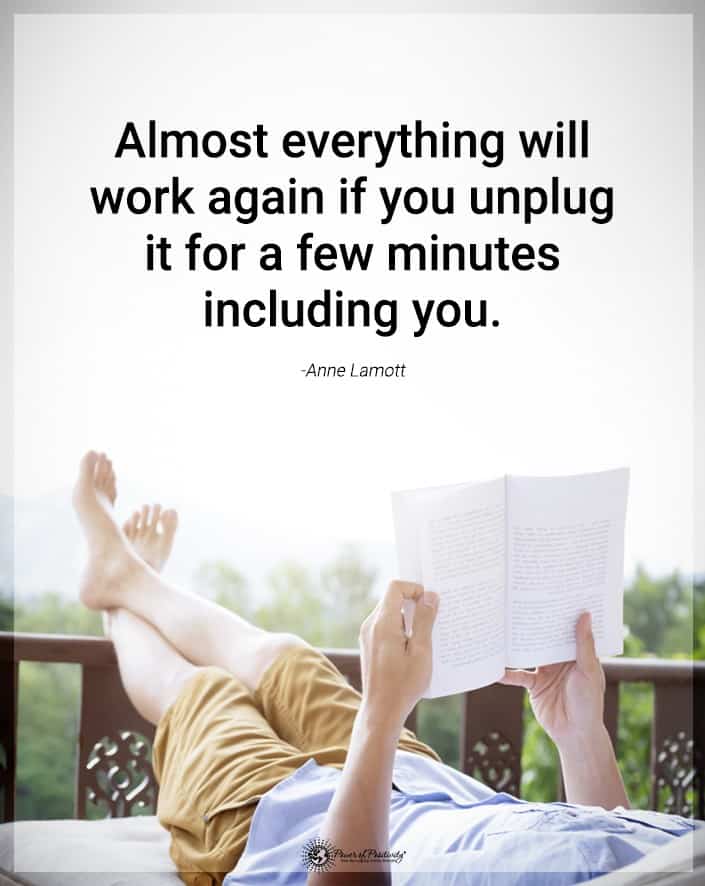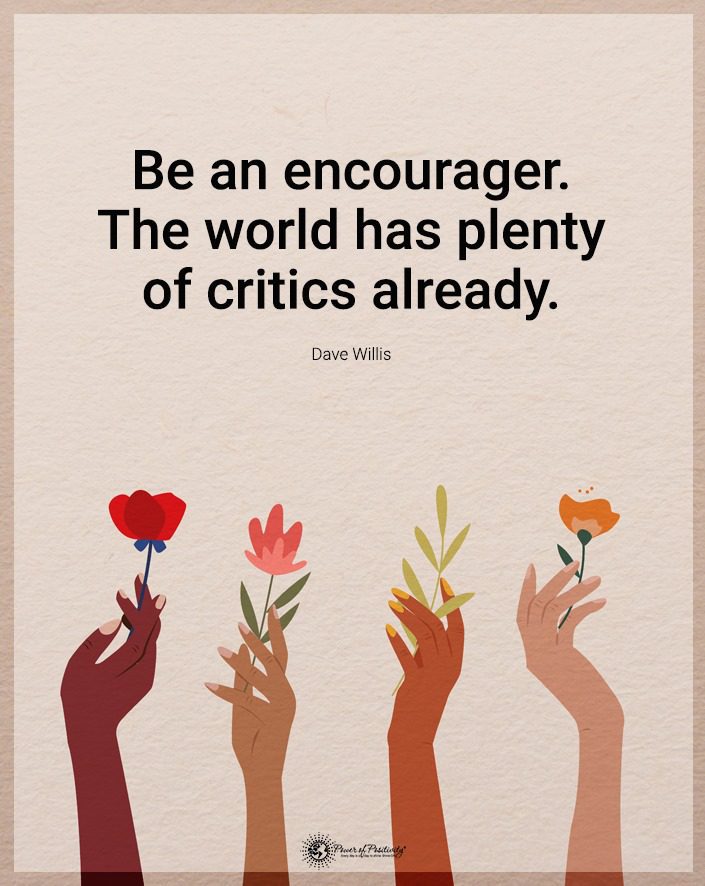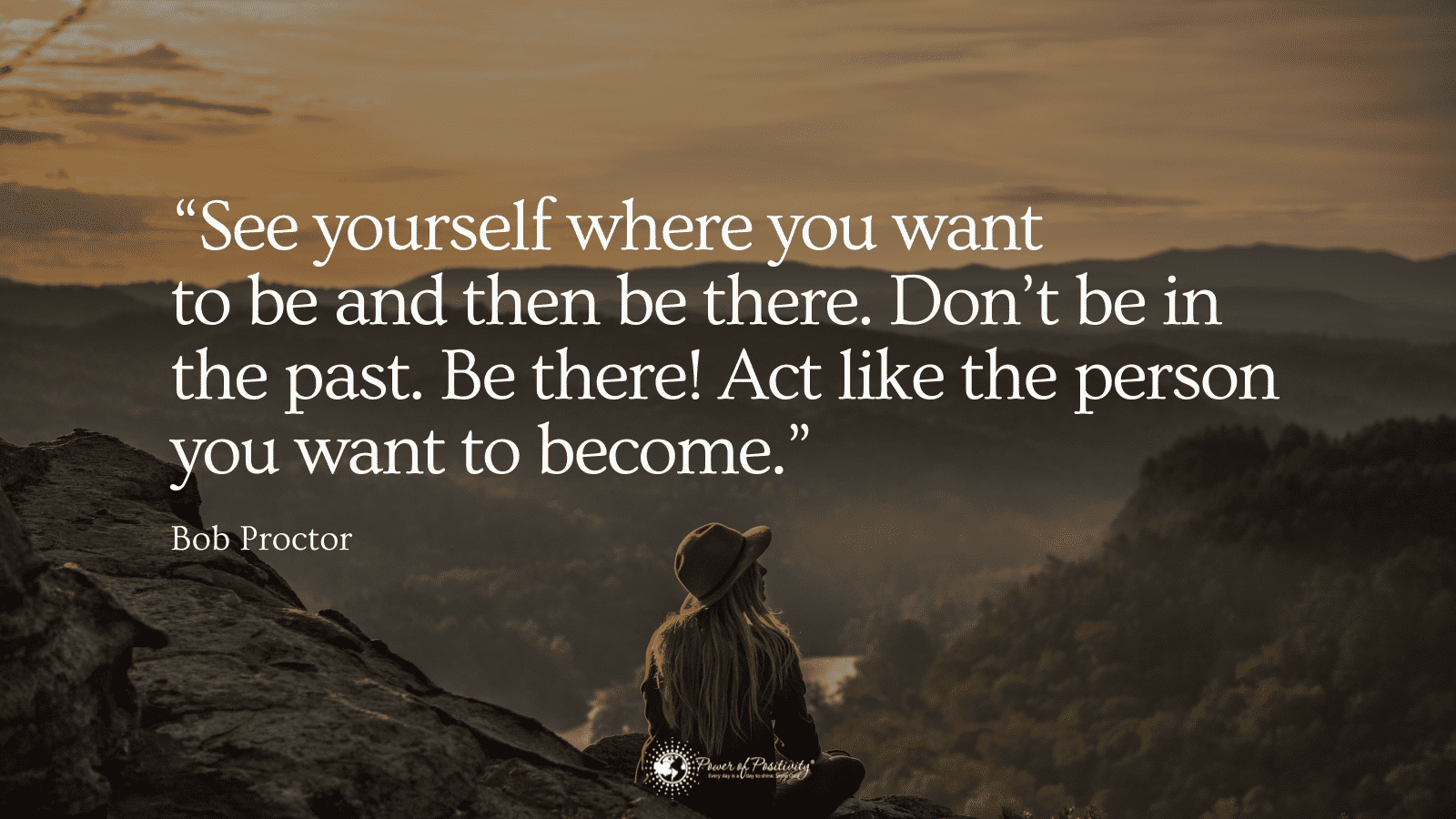When you feel stressed out, take a moment to think about what makes you think that way. The first sources that come to mind are likely the most prominent roles in your stress levels. If certain stressful people come to mind, your best bet is to avoid them, but that isn’t always possible.
Instead, all you can do is identify the people that cause stress and find ways to protect yourself from their negative mindset. Whether relatives, co-workers, or your boss, you can learn to handle the situation effectively.
If you fear that someone will destroy your happiness, you might start feeling stressed out even before you see them. Knowing they’ll be in your presence soon can set you off and make you put up your defenses. The stress sets in any time you feel like you can’t manage something, but remember that you can handle this situation.
Identifying the toxic people in your life can help you better deal with them. Taking stock of stressors can make all the difference in keeping your cool and protecting your well-being. Luckily, there are many ways you can be positive when dealing with stressful people.
How to Identify Stressful People in Your Life
It’s sometimes hard to think of people as stressors because many stressful events receive so much attention. Stressful events often link to poor physical and mental health, but you don’t always hear about stressful people being an issue. However, you can become just as distressed about people as you can from life experiences such as time pressure, loss, or financial insecurity.
One way to identify stressful people in your life is by making a list of all daily events. Once you’ve made your list, rate the difficulty of each event. If certain situations are more problematic than others, consider whether it’s a person making your day so stressful.
As you make your list, consider all situations you deal with regularly. Think about work, school, time with friends or family, or anything else you have on your schedule. If any of the situations turn out to be one of the most stressful, think about the other people involved.
How to Stay Positive When Dealing with Stressful People
As you think about other people in your life, ask yourself if anyone makes you feel anxious or tense. If you encounter stressful people regularly, you can manage how the situations go. You don’t have to let co-workers make your job harder or allow family members or friends to impact you negatively.
1. Don’t Follow the Emotional Bullying of Stressful People
The first step to staying positive when dealing with stressful people is to avoid following their emotions. They will likely try to ruin your mood and get you to feel the same way they do. If they get angry or sad, they’ll try to make you feel that way, too.
When this person is in your presence, you can talk, listen, and communicate, but don’t let it go further. Don’t let them trigger you to feel unnecessary negative emotions. If it gets to that point, walk away rather than react defensively.
2. Remember That It’s Temporary
When you experience stress, it’s hard to remember that it’s only temporary. Remembering that you can get through this, and it’ll end soon will help you face the person with less fear. When you aren’t afraid of going into the situation, you won’t experience as much stress. You’ll have an easier time coping with toxicity and recover from it quickly after it’s over.
3. Think Ahead of How You’ll Respond to Stressful People
Being proactive when dealing with stressful people will get you through it. You’ve been through it before with them, so you can predict how the experience will go. If you know them well enough, you’ll know what they will do or say.
Use your knowledge of their demeanor and behaviors to plan how you’ll handle the situation. Once you have a plan, stick to it no matter what that person does. Knowing what you’re going to do makes it less stressful going into the situation, and you won’t dwell as much.
4. Change Your Perception
If you can change your perception, you can be positive no matter what happens. You create your perception of stress, so make sure you don’t focus on anxious anticipation. Your fight-or-flight response activates when you imagine yourself in a threatening situation.
By triggering the response, you’ll already be stressed before you even encounter the stressor. However, by changing your perception and focusing on optimism, you’ll go into the situation with a clearer mind.
One way to encourage a positive perception is by imagining how you can overcome the other person’s negativity. You’ll feel confident and ready to get through it rather than experiencing overwhelming stress.
5. Think of the Things You’re Grateful For
Counting your blessings can help you get through any stressful situation. If you know you will see someone who triggers stress, start practicing gratitude before they arrive. However, if they surprise you with a visit, start counting your blessings the minute they get there.
You have plenty to be grateful for, so keep your blessings in mind. By thinking of the good things in your life, you won’t fixate on the negativity. You’ll feel more confident and optimistic throughout the experience.
6. Remind Yourself of Your Resiliency When You Have to Deal With Stressful People
You’ll manage stress and negativity better if you see yourself as resilient. Remember that you can get through anything and that each obstacle is a way to gain confidence in yourself. You can bounce back from the situation and use it as practice for later experiences.

7. Keep Your Needs and Goals in Mind
It’s essential to know ahead of time what you need and want. If you know you’ll be meeting with the stressor, have your goals in mind.
Then, as you talk with them, keep your objective in mind and bring the conversation back to your goals when the conversation strays. Focusing on your needs and wants in the meeting can help you get to the point before things get toxic.
8. Think of Stress-Reducing Methods
When dealing with stressful people, keep all your stress-reducing methods in mind. Not all of them will help, but you can likely apply a few of them to the situation. You’ll need different techniques when dealing with a boss than you would with an annoying family member.
Making a list of the methods ahead of time can help because you’ll already have a plan for handling them. However, if you get caught off guard, focus on stress reduction as you communicate with the stressor.
9. Reward Yourself
Rewarding yourself can work in a couple of different ways. First, you should reward yourself anytime you do a good job or accomplish a goal. Doing so will boost your confidence and make you feel great about yourself, no matter what threatens to stress you out.
Additionally, you can reward yourself every time you remain positive during an encounter with your stressor. As you spend time or talk with the person, think of your reward when it’s over. Their toxicity won’t affect you as much if you establish a positive aspect of the situation.
10. Control Yourself
Anytime you let someone else control your reaction or mindset, it gives them power over you. However, you can change at any moment and regain control over yourself. When you decide that no one but you can control your reaction to a situation, you’ll have an easier time handling it.
Remember that you can’t control anyone else. Rather than wishing someone would change and letting them get to you, focus on controlling yourself.
You’ll regain the power and provide a protective barrier when you shift your mindset. You take power away from your stressor, helping you be positive throughout the experience. If you struggle with staying in control, ask yourself what you will gain from reacting. Chances are, you won’t achieve anything, and the reminder could be enough to help you refocus.
11. Think of It as an Opportunity for Growth
Research shows that experiencing stress can help you develop more coping mechanisms. Rather than letting someone’s negativity affect you, think of it as an opportunity for growth. You won’t always have these opportunities, so utilize them when you can, and you’ll be ready for anything.
12. Don’t Dwell on The Encounter With Stressful People
After your situation with a stressful person, don’t dwell on what happened. If things don’t go well, find a way to clear your mind and move on.
Reassure yourself that the toxic person isn’t thinking about you or your experience anymore. They often move on to their next target quickly, so don’t let it ruin your day. Learn from the experience, and you can create a plan for future encounters, but don’t let it bring you down.
Final Thoughts on Ways to Stay Positive When Dealing with Stressful People
Recognizing that stress can come from stressful people is the first step in dealing with the situation. You can’t always avoid people who trigger anxiety, but you can learn how to handle them.
Use your coping mechanisms before, during, and after encountering stressful people. So it doesn’t need to impact you in the long term. Remember that each situation can be an opportunity for growth and that you’ll get through it.

